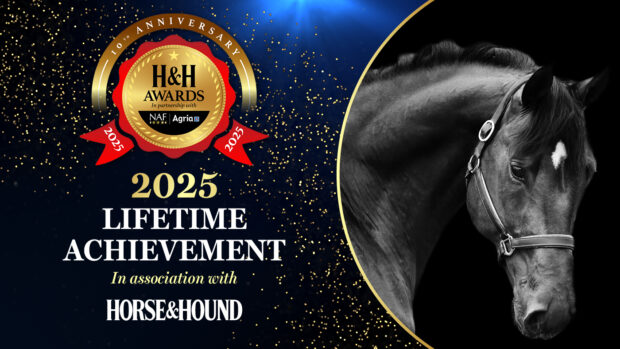While many people choose to sell their horse when the time comes to go to university, this is not the only option open to the young horse owner.
To loan or not to loan?
You might consider loaning your horse out for the duration of your study, but do think carefully before choosing this option.
You may find it more harrowing to watch someone else reap the success of all your hard work, or you may feel they are not looking after the horse, as well as you would yourself.
Otherconcerns include losing the horse altogether. A large number of horses have gone missing recently while out on loan.
If you do choose to loan your horse, then make sure you check out the home thoroughly and get a written loan agreement signed and agreed by both parties.
Alternatively, you may be able to take your horse with you, or you may be able to study locally and keep your horse.
Student riding clubs
An alternative way of staying horsey at university is to join the student union riding club. Most student unions have societies and sports clubs. If there isn’t already a riding club, then why not rally some support and start one yourself?
Work for rides
Join the BHS
The BHS can offers advice and experience on all aspects of horsemanship, and aims to bring together like-minded people.
The BHS also offers money-saving discounts, free publications and will keep you informed of equestrian news and developments, and you don’t have to be a horseowner to join.
Short courses
Horse share
You may be able to find a horse which is availabled on a shared basis close to your university – look outfor requests for help on saddlers and riding school notice boards.
Always make sure you discuss the arrangement carefully. Make sure you know if it is it just a casual agreement where you will exercise the horse in return for work, or whether you will be expected to contribute to costs?
Work on riding holidays
During the summer, companies such as PGL require students to help with their activity centres. Part of the camp includes a riding school, so there is the opportunity for you to work and ride.
You will be paid a small wage and have accommodation provided, but you will be expected to work long, hard hours. Competition for places is tough so apply early in the year.
Home study courses
The Open College of Equine Studies offer a range of home study courses for all abilities, with a high level of support and continual assessment. The courses are quite expensive and you may require practical experience togain the qualification.
Post graduate and further training courses
Providing you have maintained as much practical experience with horses as possible, your degree subject should not preventyou from obtaining a good position in the equine industry.
Any courses and training you have already will help you to find further training.


